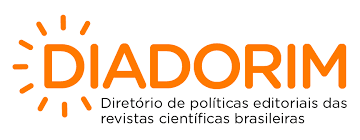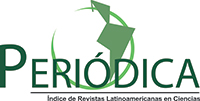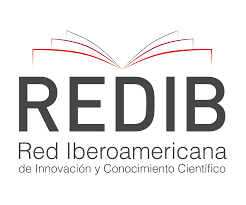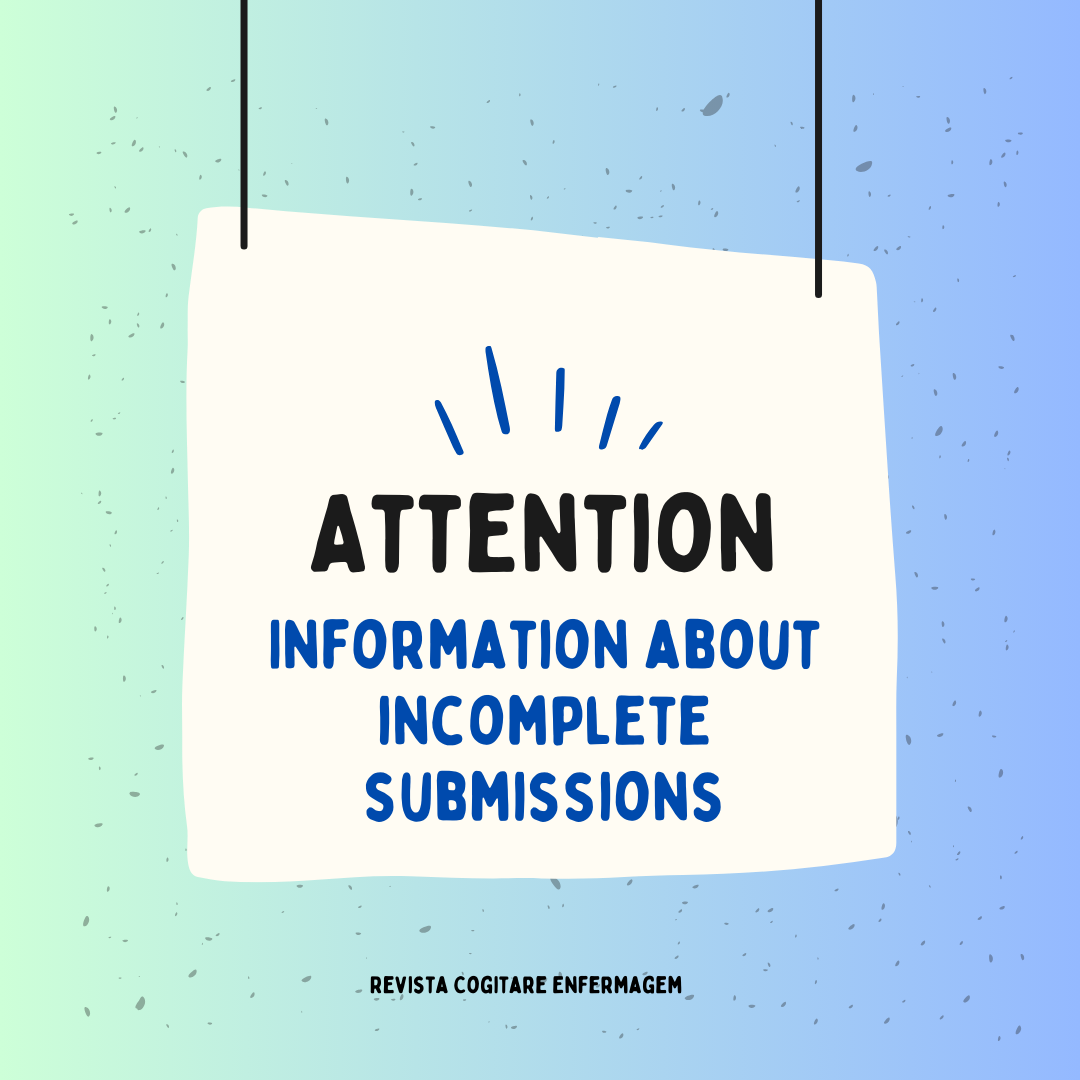NEW PERSPECTIVES ON SUBJECTS WHO BECOME ILL IN HOSPITAL WORK
DOI:
https://doi.org/10.5380/ce.v18i1.25332Keywords:
Qualitative research, Worker’s health, Human resources in hospital.Abstract
This article aims to reflect on the new ways of viewing those subjects who become ill in hospital work, evidencing qualitative phenomenological research’s potential for understanding not only the illness, but also the subject who falls ill. Falling ill in hospital work has been shown to be a complex phenomenon, requiring studies which consider diverse aspects and which can understand the everyday of work relationships and the experiences of the subjects who become ill. Becoming aware of the impact of becoming ill at work and valuing the subject and the experience lived through means delineating new ways of intervening in the worker’s health, minimizing harm and understanding the worker in his or her existential totality.
Downloads
Published
How to Cite
Issue
Section
License
Cogitare Enfermagem reserves the right to make normative, orthographic, and grammatical changes to the published article to maintain the cultured standard of the language, while respecting the authors' style.
The published study is the sole responsibility of the author(s), and Cogitare Enfermagem is exclusively responsible for evaluating the manuscript as a scientific publication vehicle. Revista Cogitare Enfermagem is not responsible for any violations of Law No. 9,610/1998, the Brazilian Copyright Law.
Cogitare Enfermagem allows the author to hold the copyright of articles accepted for publication, without restrictions.
The articles published are licensed under the Creative Commons license CC BY 4.0 Creative Commons - Attribution 4.0 International - CC BY 4.0 - The attribution adopted by Cogitare Enfermagem is permitted:
- Share - copy and redistribute the material in any media or format.
- Adapt - remix, transform and build upon the material for any purpose, even commercially.
- Attribution - You must give proper credit, provide a link to the license, and indicate if changes have been made. You may do this in any reasonable way, but not in a way that suggests that the licensor endorses it or approves of its use.
- No additional restrictions - You may not apply legal terms or technological measures that legally restrict others from doing something that the license allows.























